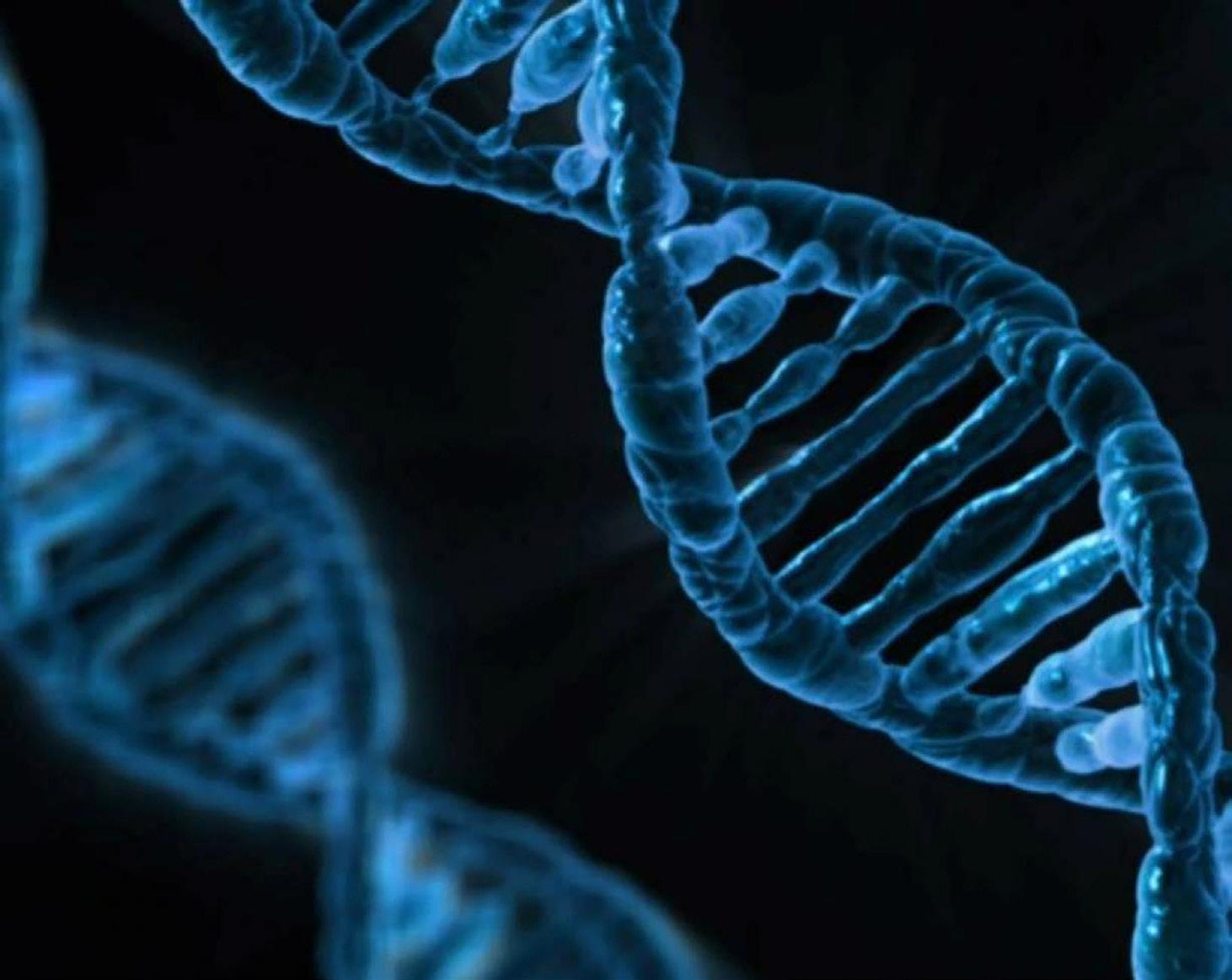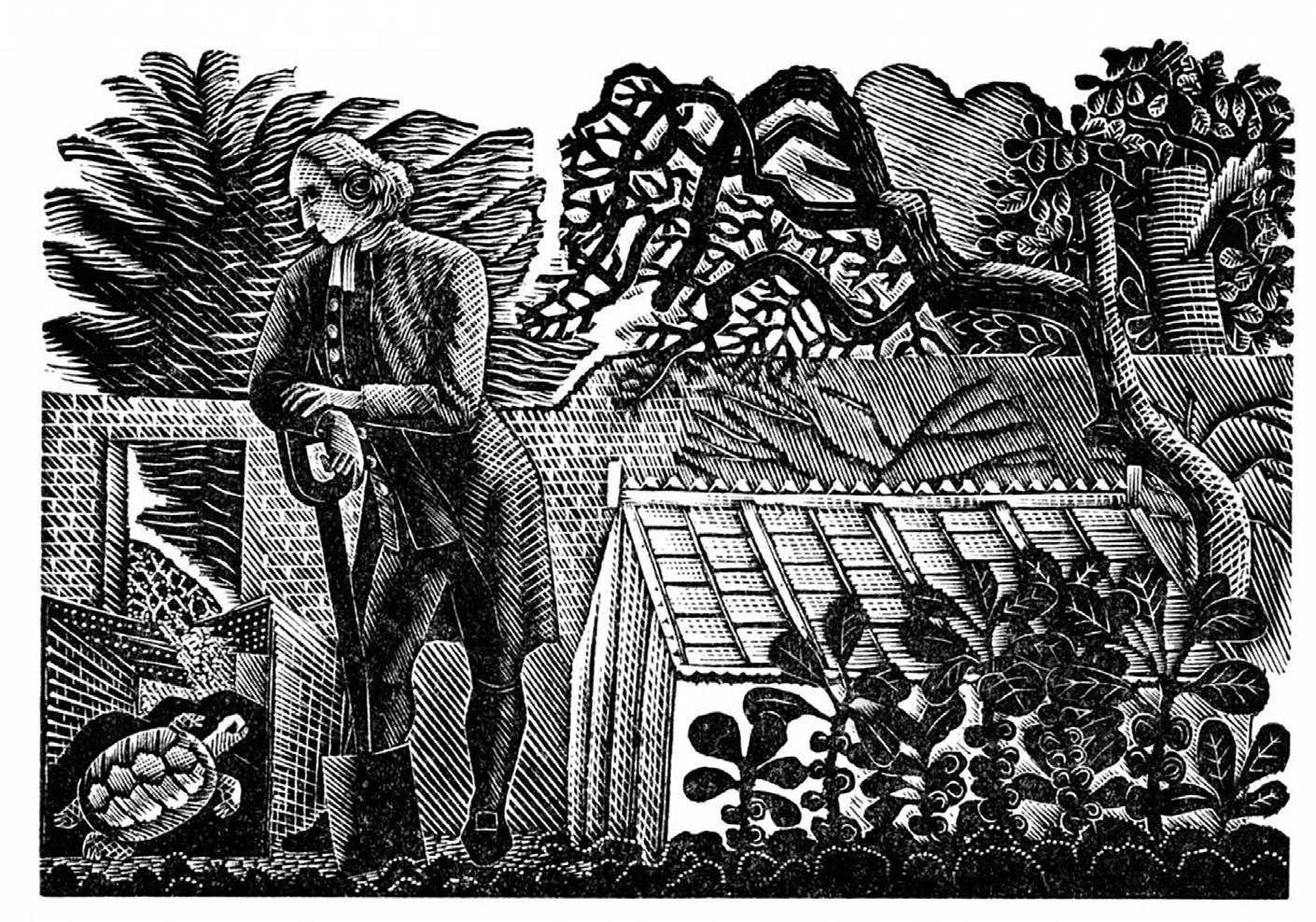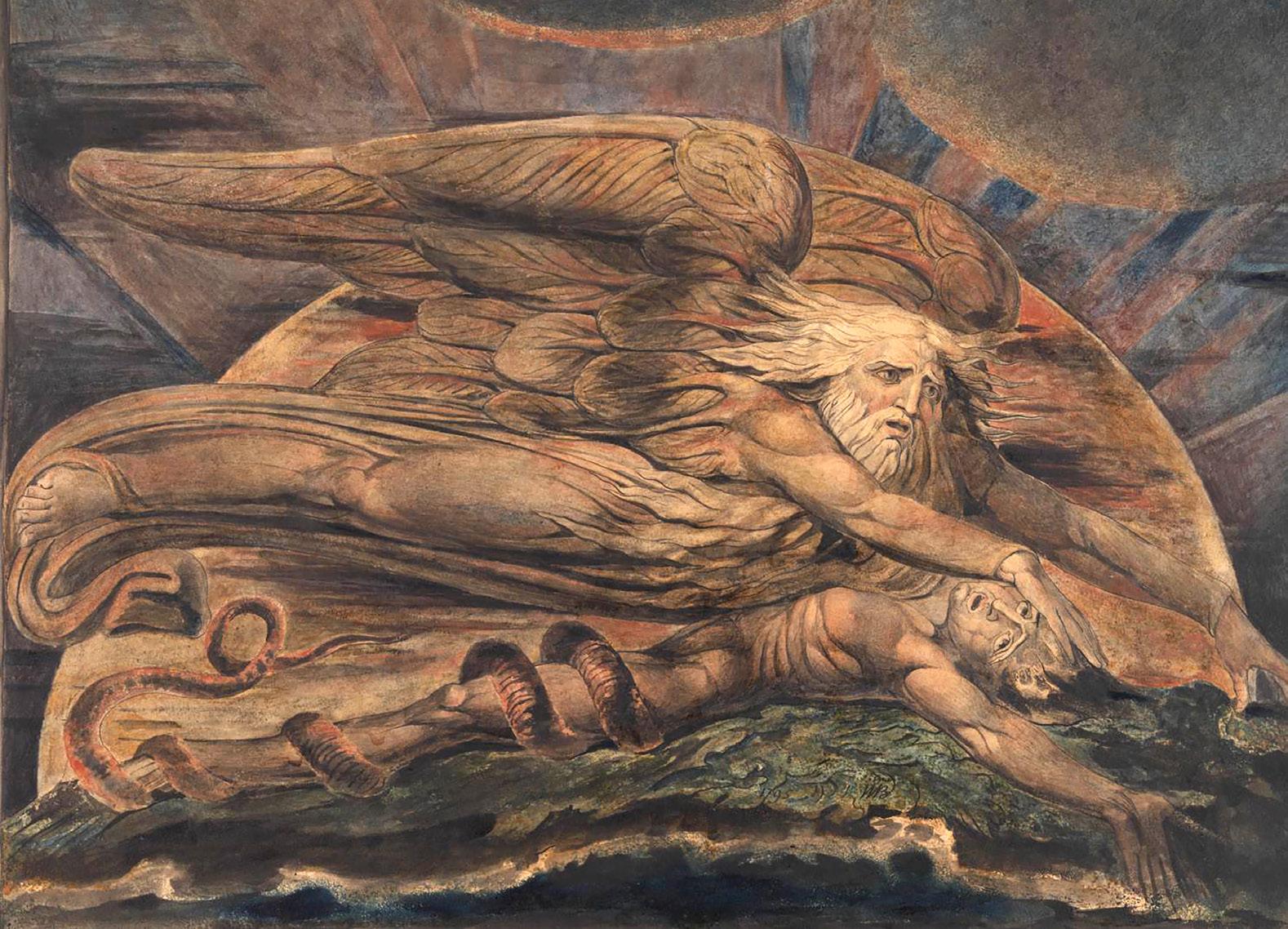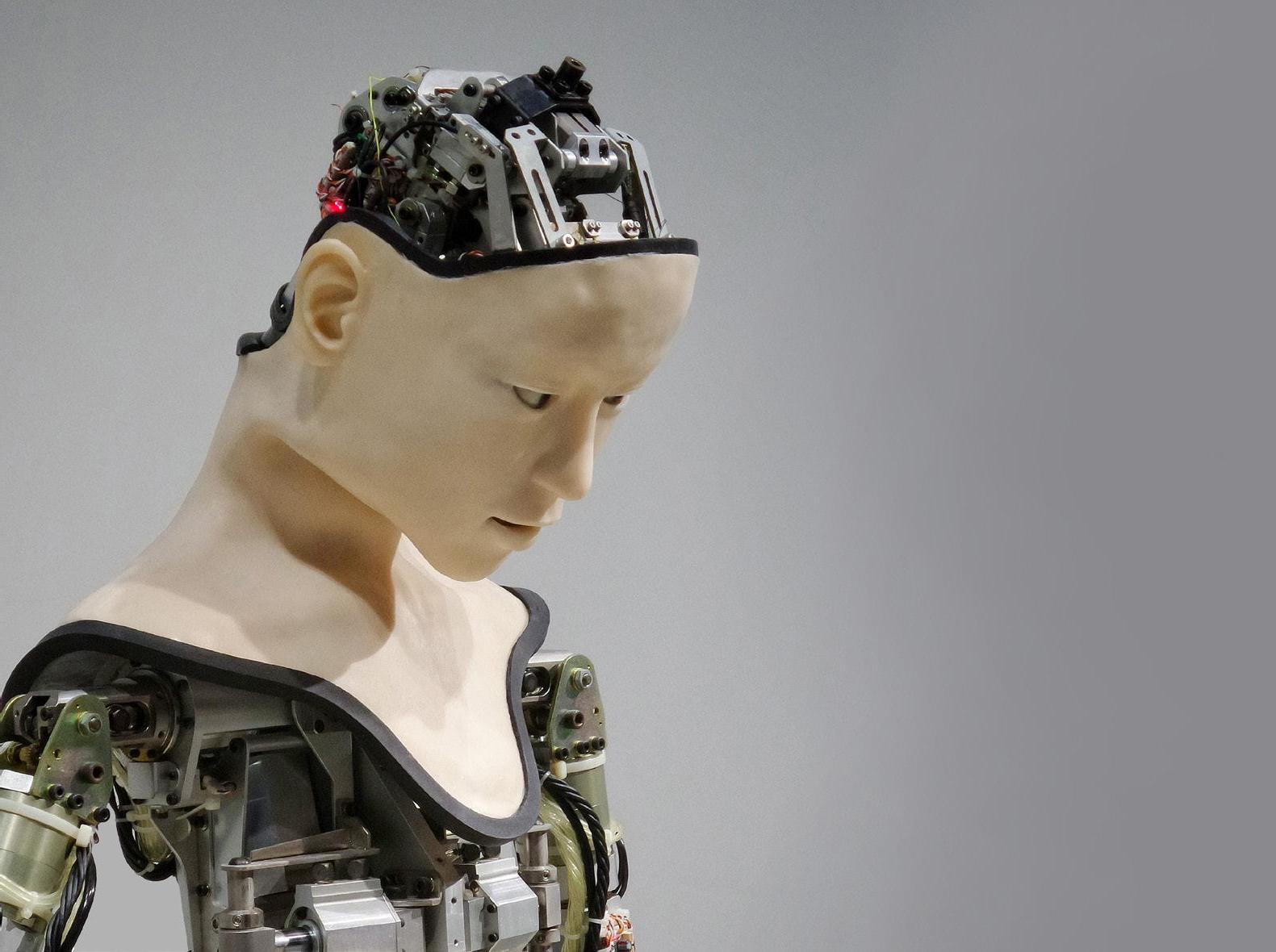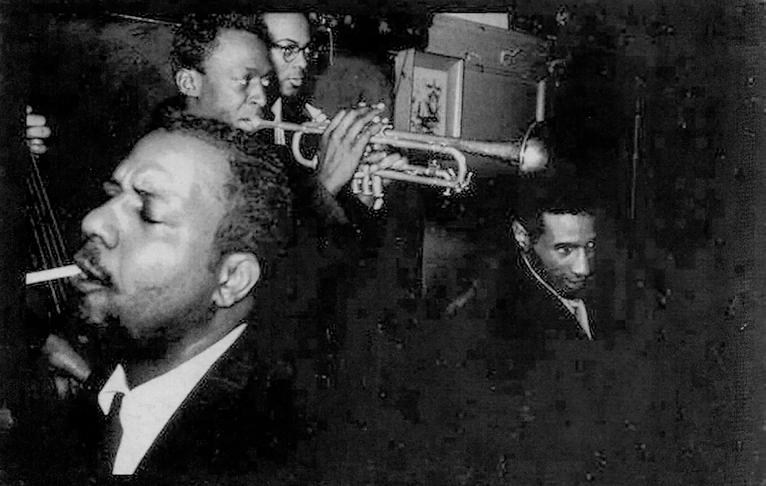IS THERE SUCH A THING AS
Taylor Colbeth YE AR 13
M
odern society tends to draw focus to all of the features that divide humans such as culture, ethnicity, nationality, etc. However, we might actually be more similar than we think. It is argued that there are fundamental characteristics that are mirrored across all humans: human nature. This extremely important question has been debated in philosophy for centuries and continues to be a key point of discussion today. Among those who defend the concept of Human Nature, there are two views: (1) the spiritual/essentialist view that there is something essential within the essence of a human that separates it from an animal; (2) the physical/evolutionary view that humans have evolved and developed characteristics that are exclusive to our species. The essentialist view is clearly advocated by traditional Christian dogma which presents all humans as created in the image of God, our human nature as something we are born with in our essence and not attained by any other species. The idea of Original Sin was most cogently put forth by St. Augustine of Hippo: the idea that, through Adam and Eve’s Fall, future generations were universally infected by sin, their minds corrupted. Therefore, not only is it our nature to sin, it is an individual’s responsibility to turn away from this sin and towards God, in accordance with Natural Law, in order to repair our relationship with Him.
30
P O RT S M O U T H P O I N T. B LO G S P OT.CO M
Over 1,300 years after Augustine, German philosopher Immanuel Kant secularised this this essentialist view of human nature, arguing that humans are born with an internal tension between our desires and our reason, between our animal and divine nature. Kant notes that this tension is specific to humans; animals have no concept of moral duty while divine beings have no desires, so neither feels the same tension as human beings. Kant writes that, because humans are autonomous and capable of choosing actions that are independent of our self-interest, it is our responsibility to resist our desires and use our reason. Therefore, those who consistently give in to their desires are to be considered animals, as they are not fulfilling the duty that all humans bear. In the two centuries following Kant there has been a debate within science about human nature. Some rejected the idea of an essential human nature, separating homo sapiens from other species. However, many scientists still supported the idea that there are properties exclusively shared between all humans. Evolutionary theory helped shape a scientific argument that, over time, our species had developed characteristics that separate us from our ancestors. A central characteristic is language; no other animal can communicate with the same complexity as humans. No other animal’s brain has evolved such advanced cognitive abilities. In this sense, humans are connected and there is a discernible universal human nature. However, some have disputed the concept of human nature.









